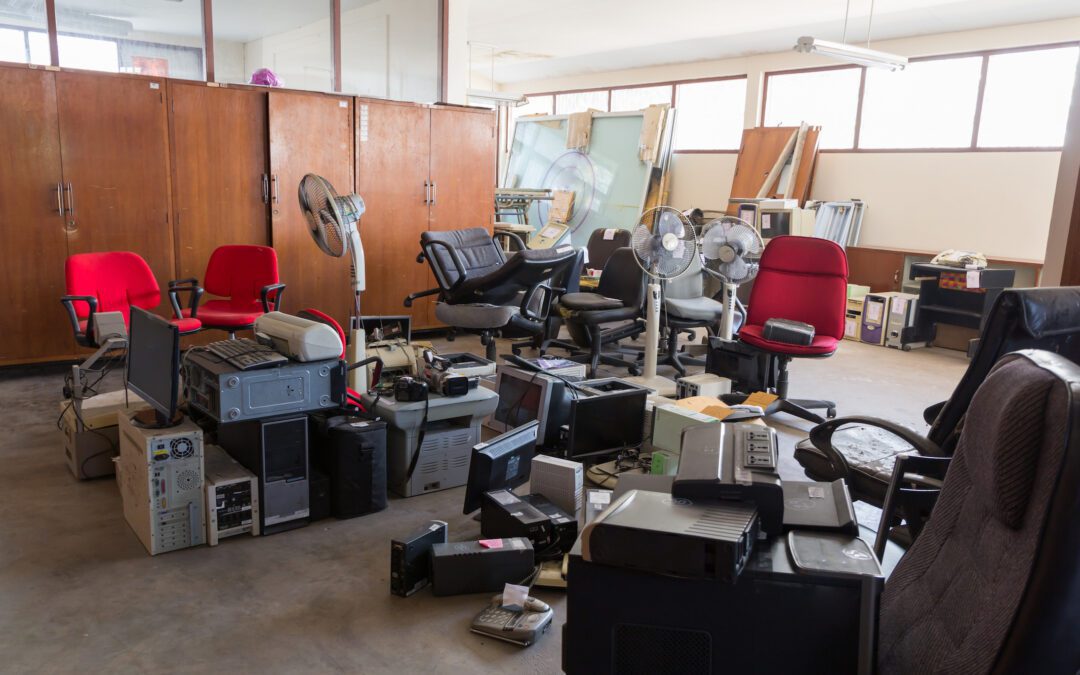Food producers are careful to include a conservative sell-by date on the products they sell. Everyone benefits; consumers aren’t disappointed or harmed by spoiled foods, and producers ensure their products live up to their brand.
The sell-by date isn’t confined to groceries, however. Every business has assets that eventually hit a critical date. Locating those assets and taking action by those dates can be labor-intensive and costly.
Labor-intensive and costly, that is, unless your business uses RFID for asset management. RFID technology is much more than a fancy inventory identification system. RFID chips can be programmed to contain all kinds of data about an object: when it was made, when it was put into service, when it needs maintenance, what kind of service it needs, when it should be replaced, and much more.
When queried, RFID software can generate a report about upcoming critical dates, sorted by asset type, or location, or required action. Imagine the amount of time and money saved by automatically tracking an asset’s location and critical dates.
This benefit applies in dozens of industry sectors. A few examples:
- Food service – suppliers add RFID tags to boxes of perishables, so distributors and restaurants stay on top of freshness deadlines. Chipotle Restaurants is testing this technique in their Chicago restaurants’ supply chain.
- Pharmaceuticals – RFID tags prevent the use of expired drugs. Pennsylvania’s Reading Hospital is tracking Covid vaccine expiration dates and times with RFID technology, to prevent waste of the vital and costly medication.
- Business electronic devices – RFID tags attached to laptops, mobile phones, tablets, and copiers are routinely queried by the IT department to determine when they are due for maintenance. An additional query signals each device’s location, on site or off. The U.S. Army is using RFID to track the whereabouts of their office electronic devices and provide routine updates and maintenance.
Almost every business asset has a “sell-by” date of some kind. Furnishings eventually have to be replaced. Outdated computers have to be disposed of. Obsolete law books, old patient files, tax returns from the time of the dinosaurs – whatever they are, they have to go sooner or later. Know where they are, and know when their time is up, with RFID.
Photo © Iriana Shiyan / AdobeStock


Recent Comments